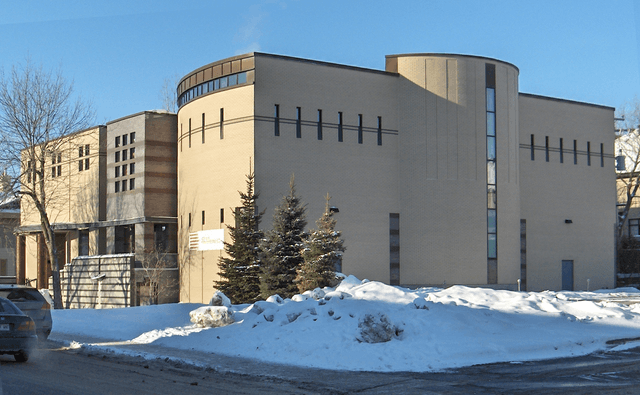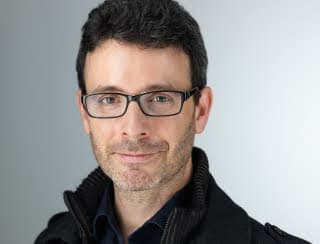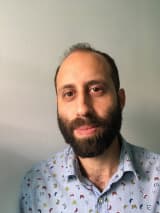Bonny Reichert had an idea for an autobiography: finding her own voice as a Holocaust survivor’s daughter. One editor didn’t seem so keen: “Do you think there are enough children of survivors in Canada to make your book a success?” Undeterred, Reichert went on to publish How To Share An Egg: A True Story of Hunger, Love, and Plenty. While the memoir draws on her personal history, she also envisioned it resonating with a broader audience through its theme of shared recipes and the memory of food insecurity. This past Wednesday, March 26th, Nu attended a book talk with her at the Montreal Holocaust Museum.
During the event, Reichert explained that her book rests on three pillars: her relationship with her father, with herself, and with food. The structure of the book is based on this last pillar, with many chapters integrating food into their central themes. The book opens with a chapter entitled “Borscht,” about Reichert’s experience trying the dish for the first time in Warsaw. She writes that the soup immediately conjured images of her paternal grandmother, who died in Auschwitz. Reichert believes that food’s ability to evoke emotional and intergenerational connections is what allows food to foster a universal appeal.
She explained during her interview with Nu that “culturally, Jewish people love food but so do lots of other cultures. I’ve had Italian people reach out to me and say ‘Oh, this is just like my family.’” Aptly, during the question portion at the end of Wednesday's event, an audience member shared that she relates to Reichert’s book because her parents were once struggling for food in China.
In her book, Reichert describes growing up in Edmonton with both Jewish and non-Jewish friends, in part as a result of the city’s small Jewish community. She and her three older sisters were raised by a charismatic man with two big dimples who survived Auschwitz as a young boy (he was 9 when the war started). Now 95 years old, Reichert’s father continues to be a central figure in her life—someone she describes as her “rock.” As a young father, he thought it would be healthier to share the harrowing stories of his survival in a veiled, indirect way. He glossed over the tragic and devastating parts of his survival and instead focused on highlighting his cleverness or good fortune. For example, he told his daughters that “he had such a wonderful job in the Łodz ghetto sorting jewelry,” leaving out the context that he was a slave laborer. Reichert says “he just told the part that he wanted to tell.”
Part of Reichert’s journey of self-discovery was accepting that she could not write the book that her father wanted her to write. From a young age, it was apparent that Reichert was the writer in the family, and, thus, her father constantly encouraged her to write about his story of survival. She recalls that this obligation almost felt like her “birthright.” However, two main issues arose. First, she “didn’t want to write a book about the Holocaust [as a kid] because I was afraid of the Holocaust.” Second, she wanted to find her own voice and identity, one distinct from her father’s experiences. But, Reichert’s decision to go to culinary school at age 40 changed this; it helped her firmly establish her identity and was the catalyst for her memoir.
While the memory of the Holocaust plays a pivotal role in her memoir, Reichert would not describe her book as a “Holocaust book.” She states that “I think sometimes people are a little confounded by what [the book] is. I think the expectation [is] that if you think of the book as a Holocaust book, is that it’s gonna have this super dramatic story from beginning to end about the survivor and his struggles."
Reichert maintains that her book is about “the relationship between my father and I, and it’s a book about food.” Though the memory of the Holocaust plays a pivotal role in her memoir, Reichart does not describe her book as a “Holocaust book.” She compares her novel to A Real Pain, which is not solely a movie about the Holocaust; it’s a film about the relationship between two cousins. How To Share An Egg fits right in with this emerging genre of film and literature giving the children and grandchildren of Holocaust survivors the chance to express their perspectives through unique mediums.
Powered by Froala Editor





